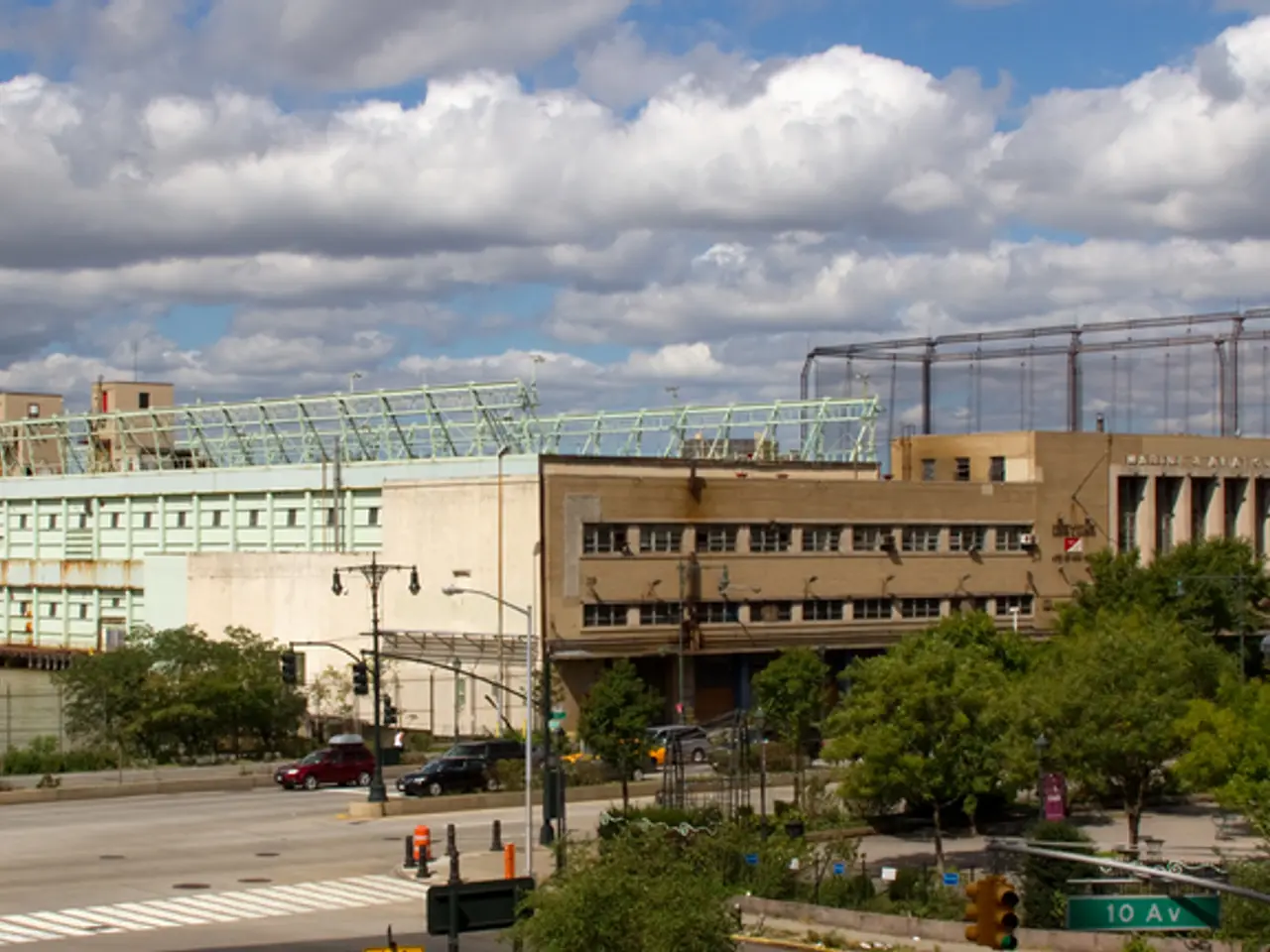Program's fate remains uncertain according to the Commission
**Regensburg's Keilberg Development Faces Challenges Amidst Biotope Protection**
Residents of Regensburg are eagerly awaiting the presentation of the new biotope mapping for the city, scheduled for July 24th. Meanwhile, the Keilberg development area, a focus for urban residential housing, has faced unexpected hurdles due to its ecologically sensitive nature.
The Keilberg area, situated in Regensburg, has been earmarked for residential development to address the growing demand for housing. However, certain parts of Keilberg are biotopes, requiring careful consideration under city planning and environmental regulations.
In 2023, the city of Regensburg paid 115,531 euros per hectare for agricultural areas in the Regensburg district, according to a survey by the Bavarian State Office for Statistics. Yet, the city-purchased areas within the Keilberg zone, destined for residential construction, have proven to be more complex.
The city has implemented measures to mitigate impacts on existing biotopes, as mandated by Bavarian state and federal nature conservation laws. These measures include setting aside protected green spaces, planning buffer zones, and instituting compensatory biotope creation projects.
As of 2025, partial construction has commenced in approved sectors while continuous monitoring of the biotope conditions is maintained. Urban planners and environmental officers are collaborating on creating ecological corridors and enhancing the biodiversity value of remaining green areas.
However, recent developments have cast a shadow over the project. It has been reported that the city has purchased areas for construction that are not or only to a very limited extent suitable for this purpose. The problematic areas are valuable biotopes, including Magerrasen, which are particularly worthy of protection and not easily compensated for elsewhere.
The city has been driving this project for almost a decade, with visions for the project including affordable housing, cooperative housing construction, and consideration of volunteers in the allocation of building plots. The development plan in question is Development Plan 287 on Hollerweg, an area of over seven hectares earmarked for residential construction.
The city has not yet disclosed information regarding the price determination or how this situation could have occurred. The last published biotope mapping in Regensburg dates from 2006 and 2007, with new surveys conducted in 2022 and 2023. The regulations for the allocation of building plots were to be determined by 2024.
For the most precise and up-to-date information, consulting the Regensburg City Planning Department or official municipal environmental reports is recommended. Local government websites and recent city council meeting minutes often provide detailed updates on such development projects and conservation efforts.
As the city navigates these challenges, it remains committed to balancing development with ecological sustainability in line with regional environmental policies.
- The recent purchase of areas for construction in Regensburg's Keilberg zone, intended for residential development, has sparked controversy due to their value as valuable biotopes, such as Magerrasen, which are not easily compensated for elsewhere.
- The finance department of Regensburg city government has remained tight-lipped about the purchase price of these problematic areas and how this situation could have occurred, despite concerns from residents and investors.
- Amidst this controversy, local political discussions and general news outlets have been focusing on the implications of real-estate investing and development in areas with sensitive ecological zones, particularly in light of Regensburg's growing demand for housing and the city's commitment to environmental sustainability.




